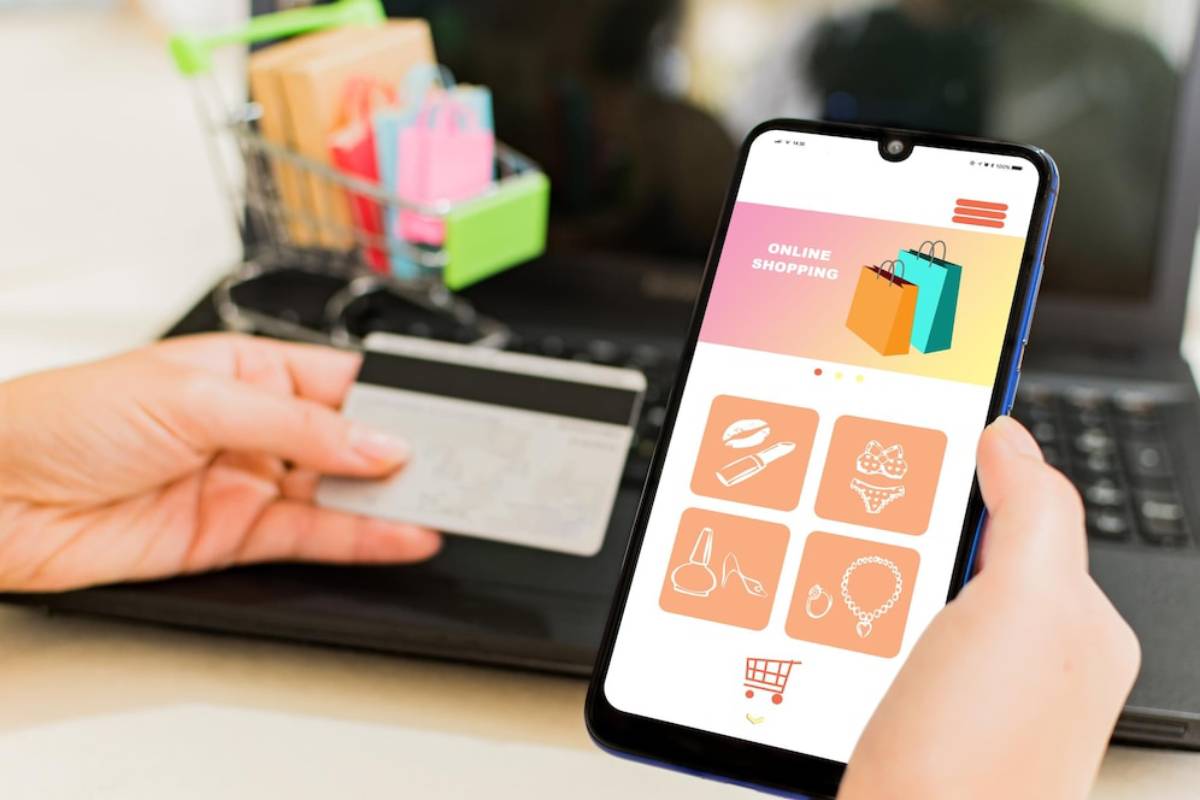
Top Mobile App Niches with High Revenue Potential
Success in mobile apps starts with smart niche selection. Building for the wrong market leads to wasted time and lost money. Choosing profitable app niches gives you the best chance to grow fast and earn strong revenue.
This guide shows you the best opportunities in today’s market. It also highlights rising mobile app trends and examples of high-earning apps you can learn from.
Why Some App Niches Earn More Than Others
Not all markets are equal.
High-earning niches share key traits:
- Constant or growing demand
- Strong user engagement over time
- Opportunities for multiple revenue streams
- Clear problems that users urgently want solved
Choosing a niche with these qualities sets you up for long-term success.
Top Mobile App Niches for High Revenue Potential

1. Health and Fitness Apps
People are investing more in personal health every year.
Popular sub-niches include:
- Home workout apps
- Meditation and mindfulness apps
- Sleep tracking apps
- Diet and nutrition guides
- Personal coaching and wellness plans
Revenue strategies:
- Freemium with subscription upgrades
- In-app purchases for plans or challenges
- Premium content unlocks
Example: Calm and MyFitnessPal are top high-earning apps using subscription models.
2. Finance and Budgeting Apps
Money management never goes out of style.
Popular app types:
- Expense trackers
- Investment platforms
- Savings goal trackers
- Personal finance education apps
Revenue strategies:
- Subscription plans for advanced features
- Affiliate marketing for financial products
- Premium reports and analysis
Example: Mint and Robinhood show the power of finance-focused apps built on trust.
3. E-Learning and Educational Apps

Lifelong learning is a booming market.
In-demand educational apps include:
- Language learning (e.g., Spanish, French, Mandarin)
- Skill development (coding, graphic design, business)
- Exam preparation (SATs, GMATs, certifications)
Revenue strategies:
- Monthly or yearly subscriptions
- Paid courses and certifications
- In-app purchases for advanced modules
Example: Duolingo is a global leader, blending freemium access with clever upsells.
4. Mental Wellness Apps
Mental health is now a mainstream priority.
Types of mental wellness apps:
- Meditation guides
- Journaling prompts and mood trackers
- Therapy support apps
- Stress management tools
Revenue strategies:
- Subscription models for full content access
- Partnerships with employers or healthcare providers
- Workshops and live session upsells
Example: Headspace shows that emotional wellbeing apps are a huge part of future mobile app trends.
5. Mobile Gaming Apps
Games still dominate app store revenues globally.
Popular gaming niches:
- Casual puzzle games
- Strategy and battle games
- Social multiplayer games
- AR (Augmented Reality) experiences
Revenue strategies:
- In-app purchases (skins, boosts, coins)
- Ads for free players
- Premium versions without ads
Example: Candy Crush and Clash of Clans consistently rank among the top-grossing apps worldwide.
6. Productivity Apps
People always want to get more done — faster and smarter.
Top productivity app types:
- Task managers and to-do lists
- Calendar and scheduling apps
- Focus and habit trackers
- Team collaboration platforms
Revenue strategies:
- Freemium with Pro plan upgrades
- Team pricing for businesses
- Integration with popular work tools (Slack, Trello, Asana)
Example: Todoist and Notion are leaders in this profitable app niche.
7. Dating Apps

Finding love is a universal need — and a profitable one.
Popular dating app ideas:
- Niche dating (for professionals, fitness lovers, hobbyists)
- Speed dating and event-based apps
- Video-first dating experiences
Revenue strategies:
- Subscription plans for unlimited messaging or boosts
- In-app purchases for profile visibility upgrades
- Event and feature unlocks
Example: Tinder’s simple swipe model became one of the highest-grossing mobile products ever.
8. E-Commerce and Shopping Apps
Shopping habits are shifting heavily to mobile.
Hot areas for shopping apps:
- Flash sales and deal alerts
- Niche marketplaces (vintage, handmade goods, eco-friendly products)
- AR-based shopping (try-before-you-buy experiences)
Revenue strategies:
- Commissions on sales
- Premium seller subscriptions
- Advertising placements within the app
Example: Wish and Depop thrive by tapping into global mobile-first shopping habits.
9. Subscription Box and Delivery Apps
Convenience apps are exploding.
Popular delivery app ideas:
- Meal kit subscriptions
- Grocery delivery services
- Niche subscription boxes (pets, hobbies, health)
Revenue strategies:
- Monthly recurring subscriptions
- Add-on purchases and upsells
- Loyalty programme boosts
Example: HelloFresh and Instacart show how subscription-driven apps fit perfectly into busy lives.
10. Augmented Reality (AR) Apps
AR is moving beyond gaming into real-world tools.
Trending AR app types:
- Home design visualisation tools
- AR travel guides and museum tours
- Virtual try-ons for fashion and accessories
Revenue strategies:
- Freemium apps with premium AR features
- Sponsored content and branded AR experiences
- Paid app downloads for specialised industries
Example: IKEA Place uses AR smartly to show customers products in real-world spaces.
Key Traits of Profitable App Niches
Regardless of category, high-earning apps usually share:
- Clear value: Solve a real, pressing problem
- Strong engagement: Keep users coming back daily or weekly
- Scalable audience: Room to grow without heavy new costs
- Flexible monetisation: Multiple ways to earn, not just one
Choosing a niche with these traits improves your chances dramatically.
How to Pick the Right Niche for Your App
1. Start with Passion + Research
Pick a space you genuinely care about — but validate it with market research.
2. Study Real User Problems
Spend time in forums, groups, and app store reviews. Look for gaps and complaints you can solve better.
3. Check Competition Carefully
Some competition is good. It shows demand exists. Too much competition means you need a unique angle.
4. Plan Monetisation Early
Think about how you will earn before you start building. Pivoting later is costly and risky.
5. Focus on Long-Term Value
Choose niches that will still matter in 2–5 years, not just trendy spikes.
Common Mistakes to Avoid When Choosing an App Niche
- Following short-term hype blindly (e.g., fads that vanish)
- Building for too broad an audience without focus
- Ignoring monetisation planning until too late
- Copying existing apps without real improvements
Strategy beats speed every time in app success.
Quick Checklist for Choosing a Profitable App Niche
- Is there clear, growing demand?
- Can you solve a real, urgent user problem?
- Is there space to offer something better or easier?
- Can you monetise without hurting user experience?
- Will users engage with your app daily, weekly, or monthly?
Answering “yes” to most means you are on the right path.
Choose Wisely, Build Smartly
Choosing the right niche is the first — and most important — step toward building a successful app.
By focusing on real problems, studying mobile app trends, and targeting profitable app niches, you position your app for lasting growth and revenue.
Solve real needs. Stay focused. Evolve smartly as your market shifts.
That is how you join the world of high-earning apps — and stay there.


